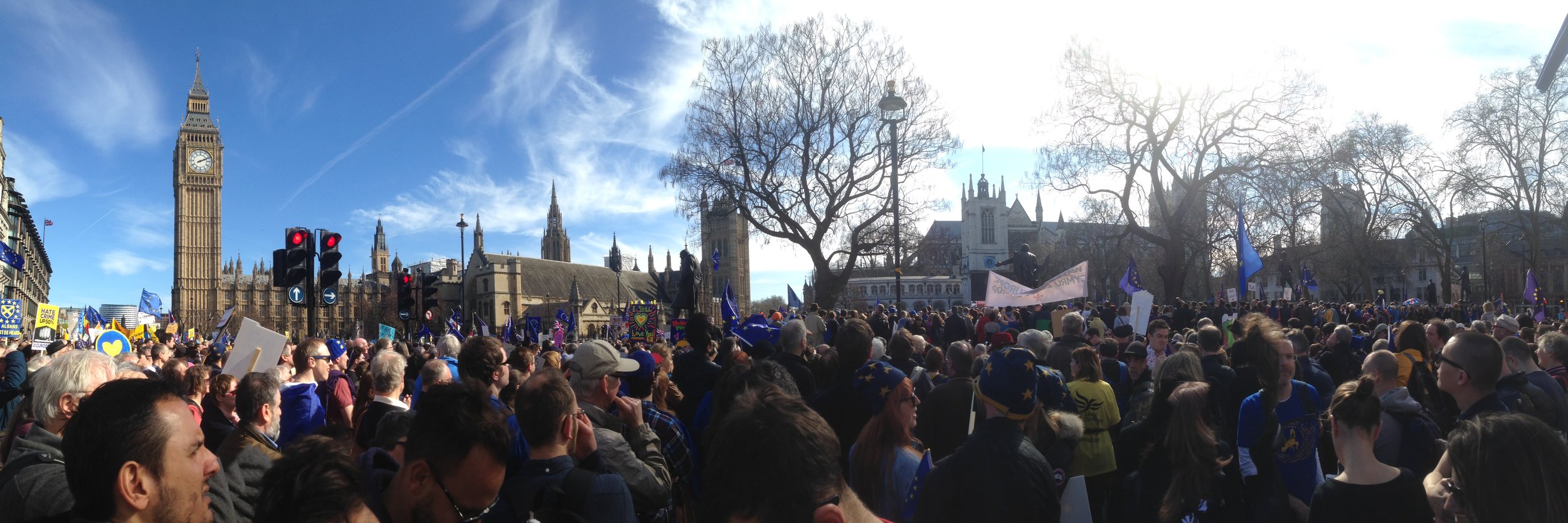Do young people’s votes matter?
Sage, the government’s scientific advisory group, has issued a stark warning about the effects of the pandemic on young people. Children’s schooling has been disrupted. Students have been locked down at universities. Retail and hospitality jobs, overwhelmingly staffed by young people, have been devastated by the pandemic.
The report warns of a lost generation, which reminds me of the previous time we were warned about a lost generation: when the 2008 financial crash wiped out the prospects of a different generation of young people.
Despite getting very little credit for it, young people have sacrificed so much to protect their predominantly retired elders (their job prospects; their independence, their university experiences; their relationships). Irresponsible parties or raves are very much the outliers. Young people, like all age groups, are generally following lockdown rules. They are also more likely to recognise government failings in managing covid, whereas older people are more likely to blame ‘the public’.
Appealing to this government’s conscience to help young people will not work. This government has figured out that it can do whatever it likes to young people and it won’t make any difference. Young people didn’t vote for this government and the Tories don’t care about anything apart from inflaming the culture wars that keep older, socially conservative Brexit voters mad and voting Tory.
Winning over older voters
Young people like me didn’t vote for this government. Older people voted for this government. Older Brexit voters switching from Labour to Conservative was a major factor in Boris Johnson winning the largest majority in more than ten years. Young people like me (by which I mean anyone under 45, the age at which party affiliation flips) have clustered together in cities either to go to university or because that’s where the jobs are. Whatever party young people vote for it will only affect a handful of seats and thus the interests of young people can be safely ignored.
Just take a look at Jeremy Corbyn’s leadership of the Labour Party. Corbyn was very popular amongst young voters like me. I, and many other people like me, were tired of different forms of bland centrism. Corbyn offered the chance to broaden the political debate.
However, Corbyn’s lack of patriotism and reluctance to commit to annihilating millions of people in a nuclear war was a major turn off for older voters. Offending some Boomers’ sense of patriotism massively outweighed inspiring millions of young people, and thus led to a huge electoral defeat for Labour.
A commitment to young people
I can see why tactically older voters are more valuable than young ones. However, I’m disappointed by Labour’s failure to stand up for young voters. Young people have to deal with insecure employment, bad housing, low wages and are looking at being the first generation to be worse off than their parents across their lifetime. All we can see from Labour is reassurance that Keir Starmer supports our troops.
How about a commitment to improving the housing situation, from Labour? Or tackling the looming environmental apocalypse? No, that would be the sort of thing young people want, definitely not the sort of thing that wins votes. I’m not sure who Keir Starmer’s Labour is supposed to appeal to, but it’s definitely not young people.
A mass defection of young voters
I would say that all young people should spurn Labour for The Green Party or for some other party (except the Lib Dems, we’ve seen where that gets us), however, it would make little difference. Young people are clustered together in cities where Labour has huge majorities. Even a mass defection of young voters to the Greens is unlikely to make any difference to Labour.
Boomers living in Tory/Labour swing seats have a much greater impact on elections and thus politics is catered towards them, with parties falling over each other to be tough on immigration and to be seen as on their side in the culture war. The First Past The Post voting system means that in seats with large Labour majorities, the party can afford to lose the votes of lots of young people.
A tale of two constituencies
My own constituency of Walthamstow is the sort of place that young, left-wing, socially liberal people live. We have craft beer bars, pop-up restaurants and a chronic housing shortage. Our MP Stella Creasy has been the MP since the 2010 General Election. In the 2019 General Election, she won 36,784 votes or 76% of the votes. That’s a majority of 30,862. The Tories came second in 2019, with less than 6,000 votes. If 10,000 young people switched from Labour to the Greens as a protest about how Labour is ignoring young voters, it would be a 577% increase in the Green vote but, Labour would still have a majority of 20,862, making that huge Green surge pointless.
Meanwhile in Bolsover in Derbyshire, where they have working men’s’ clubs and deindustrialization, we see how crucial a few voters are. Bolsover is the sort of place that young people leave to find work elsewhere and Boomers live in larger numbers. In 2019 the Tories elected their first-ever MP to this seat since it was created in 1950. The Tory majority is only 5,299 votes. Labour being seen as unpatriotic or relaxed about immigration can make all the difference in this seat. This is where the votes matter.
Not just an age divide
Of course, young people are not all the same. Young people’s views differ by race, class, location and who they vote for just as they do for every other voting demographic. I’m sure that there are young people in Bolsover who didn’t like Corbyn’s perceived lack of patriotism and don’t like social liberalism, are hostile to Black Lives Matter and not fussed about the environment.
I know that in Walthamstow, there are Boomers that care passionately about social justice, the fate of the planet and the problems affecting young people. The country is divided by more than age alone. There’s an education divide, a wealth divide, a geographic divide and a values divide.
However, it’s a depressing future for young people, whilst politics is geared so much towards the old. Especially the old who live in specific places, care about a specific set of issues and have a specific set of values. Reports like this one should be a wake-up call for politicians to help the young, but I fear it will fall on deaf ears.
Polling station image taken by Rachel H and used under creative commons.
















